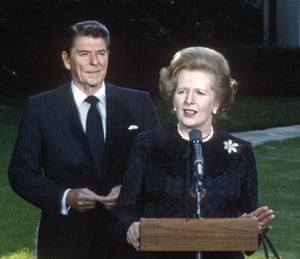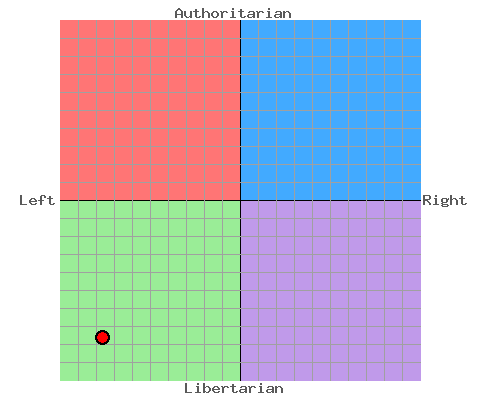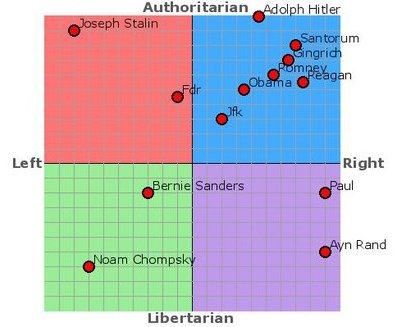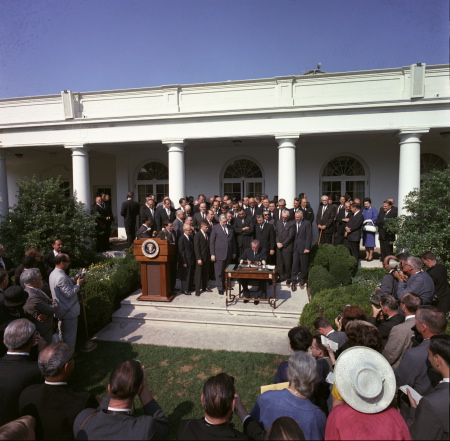The Economic Policy Institute has published a new report on income inequality in the United States. Here’s a quick summary of the findings.
Income inequality has risen in every state since the 1970s and in many states is up in the post–Great Recession era. In 24 states, the top 1 percent captured at least half of all income growth between 2009 and 2013, and in 15 of those states, the top 1 percent captured all income growth. In another 10 states, top 1 percent incomes grew in the double digits, while bottom 99 percent incomes fell. For the United States overall, the top 1 percent captured 85.1 percent of total income growth between 2009 and 2013. In 2013 the top 1 percent of families nationally made 25.3 times as much as the bottom 99 percent.
It’s important to understand that none of this is happening by accident, nor by the hand of God, nor even because of the effects of an impartial marketplace. The ruling class decides who will win and who will lose. So it’s no wonder who wins and who loses.
Read the full report: Income inequality in the U.S. by state, metropolitan area, and county | Economic Policy Institute




